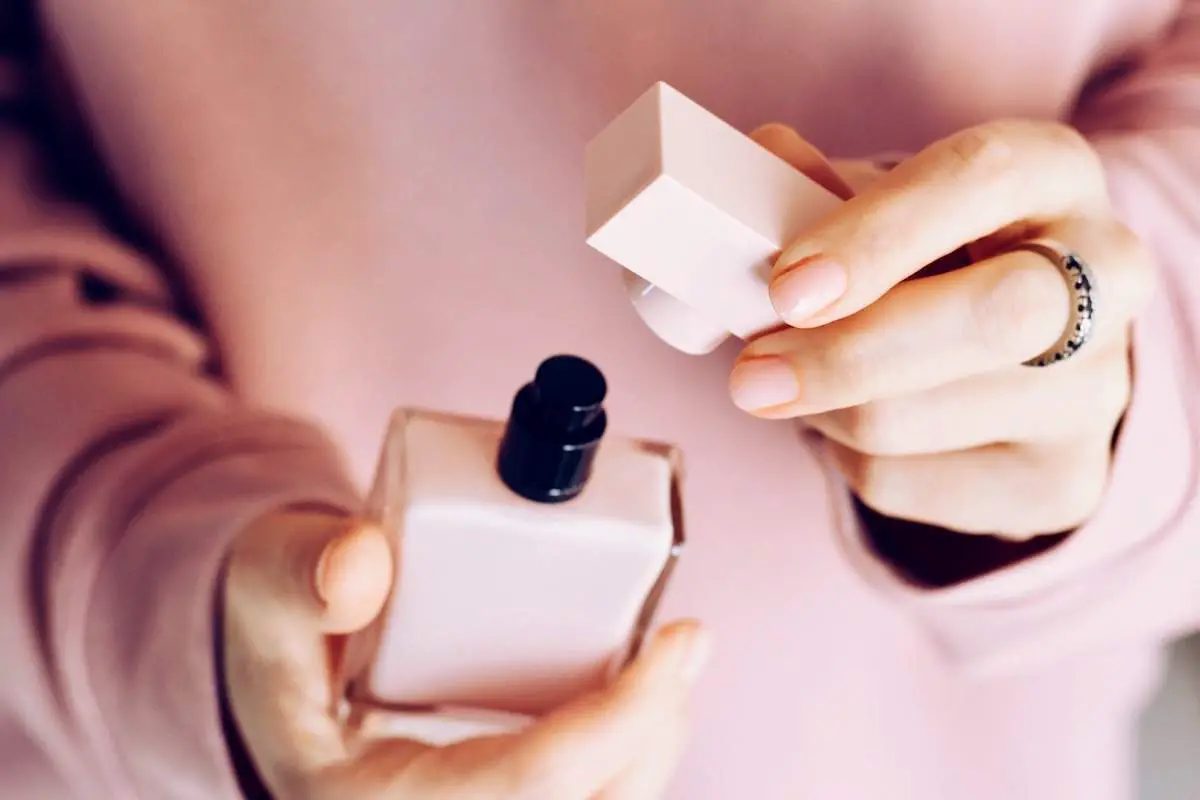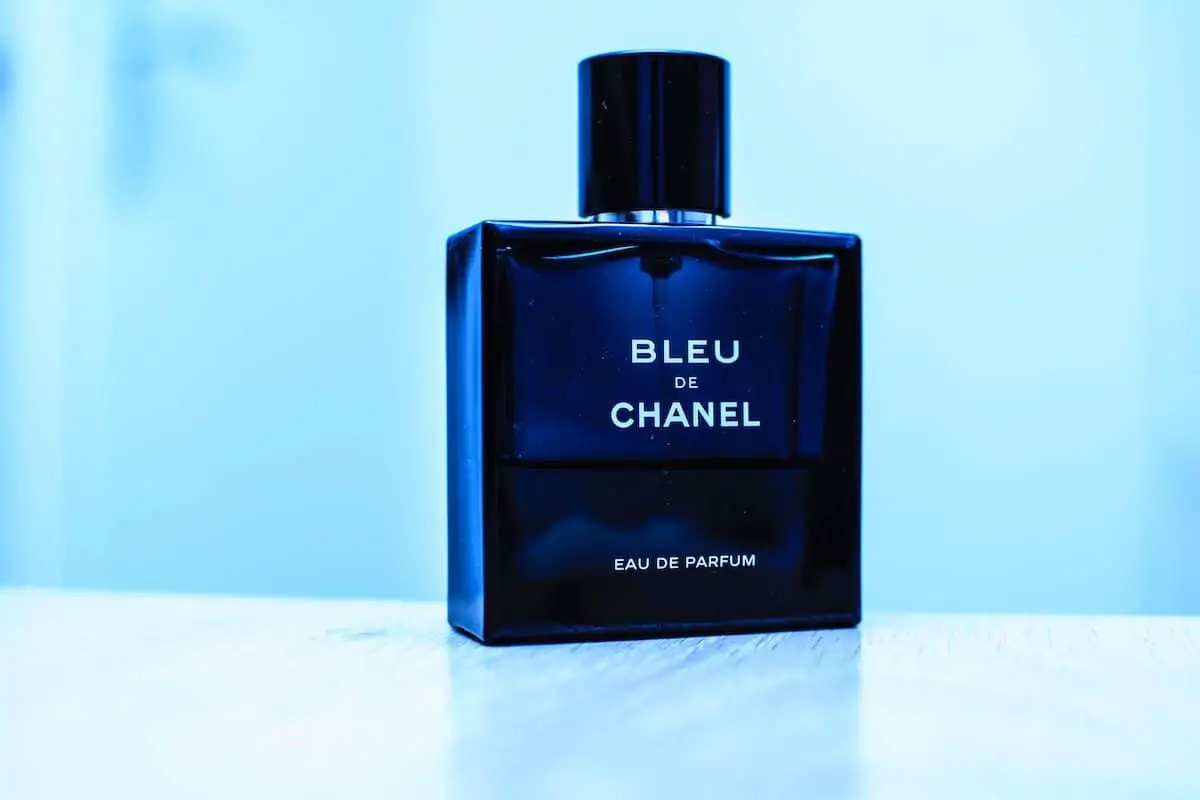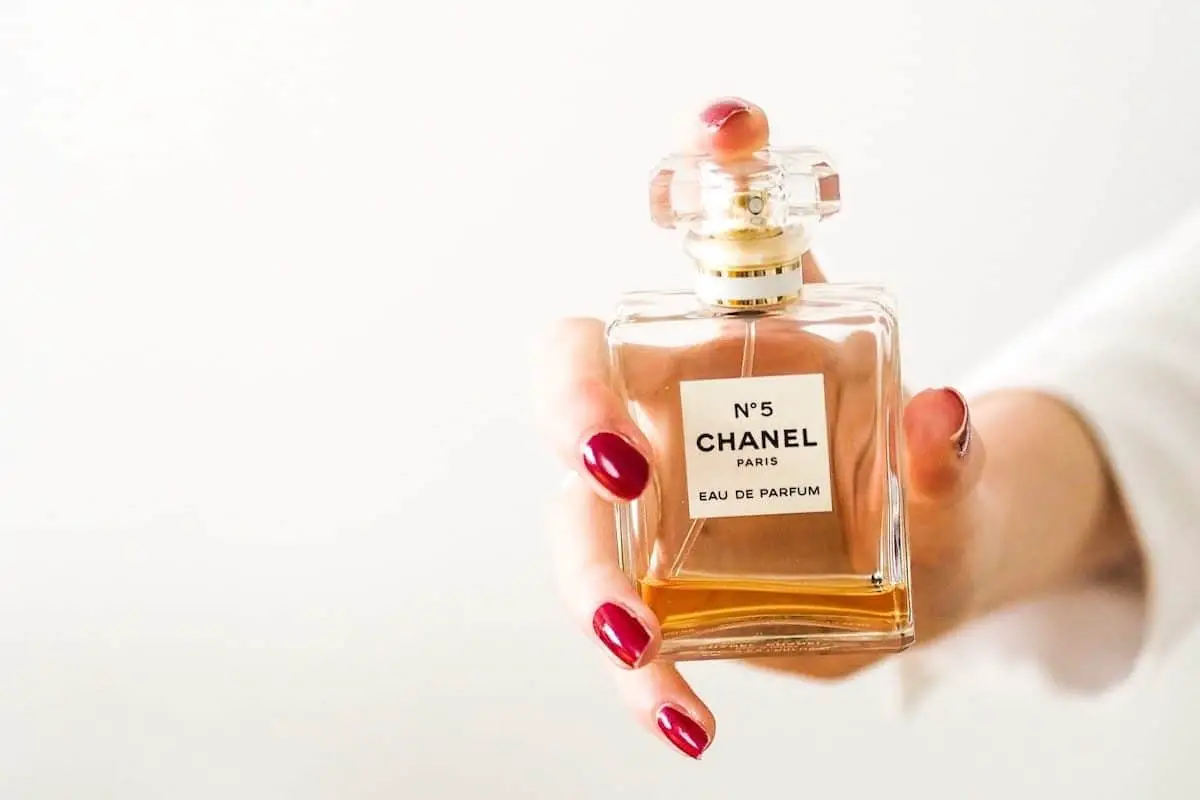Perfume vs Fragrance: What’s the Difference? [Quick Guide!]
If you’ve recently taken an interest in perfumes, then you’re just dipping your toe into a world that goes beyond smelling nice. The right perfume is your unique brand and leaves an incredible impression on anyone you meet.
But as you try to shop for the right product, you’ll notice the terms perfume and fragrance used throughout websites, brochures; what’s the difference?
In general, the term “fragrance” is used more often for organic scents, whereas “perfume” is a general term for both synthetic and organic scents. That said, both perfume and fragrance technically mean the same thing; an odor-neutralizing scent that can be applied via an atomizer or spray.
In this article, we will cover the pros and cons of the organic scents often called “fragrances” and synthetic perfumes. You will also discover the top three scents to buy and why the terms fragrance and perfume are used interchangeably.
Why Are “Fragrance” and “Perfume” Used Interchangeably?

While fragrance’s etymology dates back to the days when Latin used to be a thriving language, perfume is a word that comes from the still-thriving Italian language. Here’s how “perfume” became the more widely adopted of the two.
The term Fragrance is derived from Fragrare, which means “sweet” and “smell” in Latin. This was influenced further by the French in mid 17th century when fragrance (a Latin evolution of the word) became “Fragrance,” adopted first by the french.
The French connection persists with perfume as well as the term “Perfumare,” which refers to the act of smoking through an object to get rid of its odor, got influenced and adopted by the French as “parfum,” referring to atomizers and vaporizing-based application. The spelling changed to perfume around the 16th century.
Since “perfume” is the more senior term among the two, it is logical that it is also the more widely used term. Since fragrance wasn’t used as often, the luxury perfume industry decided to use it to signal “rareness.”
But since sales copy, product descriptions, and advertising letters have increased in length; most perfume manufacturers use both terms to bring variety to their written content.
Still, the word fragrance is used less often than perfume, and that’s why the rarer of the two types of perfumes, organic perfumes, are often called fragrances.
Also, since the term perfume comes from the application method, oils that can be applied without a spray are very rarely called “perfume.” Instead, the term “perfume oil” or fragrance is used.
Pros of Perfumes (Synthetic)
If you’re in the market for generally available perfumes, you’re most likely going to get a synthetic one. These perfumes can contain some natural contents but usually rely heavily on lab-made ones that mimic natural notes. Here are the advantages of getting such a perfume.
1. Synthetic Perfumes Are Usually Cheaper
While branded perfumes can cost a pretty penny despite being lab-crafted, the general rule of thumb is that organic perfumes cost more than synthetic ones.
Therefore, perfumes with artificial contents make for a decent entry into the world of olfactory impression management.
2. Lab Made Perfumes Offer a Wider Variety
Because perfumers working with artificial contents have access to a wide variety of components, they can craft a wider range of perfumes.
This ease and feasibility make synthetic perfumes lucrative for most large perfume brands, which is why the word “perfume” has become synonymous with “artificial fragrance.”
Cons of Synthetic Perfumes

While perfumes usually have artificial components, you must be careful in selecting the right product because many synthetic perfumes pose the following risks.
- Perfumes with artificial contents also feature petrochemicals. These are not sustainable and are bad for the environment.
- Aside from being harmful to the environment, petrochemicals and other contents in synthetic perfumes can trigger allergies and harm your skin.
- Synthetic perfumes have a low barrier to entry, which means that just about anyone can make such perfumes. Consequently, you need to be more cautious while purchasing so you don’t end up with an overpowering scent or a cheap-smelling one.
Pros of Organic Fragrances
Organic fragrances are sometimes also called natural perfumes and consist exclusively of organic compounds. This comes with a unique set of advantages that justify these fragrances’ higher price points. Here are some of these pros.
1. Organic Fragrances Are Relatively Unique and Rare
Since organic fragrances are made from natural substances, which aren’t as abundant as lab-manufactured products, they are not as prominent in the market. This means you get to buy a fragrance that isn’t too common.
Consequently, you can form a signature impression, the kind where your fragrance is associated with you because no one else in your social or professional circle wears it.
2. Organic Perfumes Are Gentler on the Skin
Since organic perfumes do not feature unnatural contents, they are usually not dehydrating. Dry skin and itching issues, therefore, are not as persistent with these products as they are with synthetic perfumes.
Moreover, organic perfumes are often baby-friendly because their natural contents go easy on the skin.
Cons of Organic Fragrances
Of course, no product is without its drawbacks, and organic fragrances are no exception. Here are the disadvantages of fragrances compared to artificial scents.
- Organic perfumes are not as potent as natural perfumes because they do not use alcohol to vaporize their fragrant essence.
- On top of not being potent, these fragrances are often expensive compared to their synthetic counterparts.
- Finally, organic substances do not fuse as well as lab-made ones, making for a limited range of natural fragrances you can order.
Good Scents to Purchase (Perfume and Fragrance)
There are a ton of different scents that you can purchase on the market. Here are a few good options to consider!
1. ZAHRA, Natural Fragrance Oil
This hypoallergic fragrance features zero alcohol and is 100% pure concentrated perfume oil. With high potency and unisex appeal, this woody fragrance is a must-have for organic fragrance enthusiasts.
Check out the ZAHRA Natural Fragrance Oil on Amazon
2. Ecco Bella Organic Eau De Parfum
This organic fragrance is more subtle and appropriate for closed spaces. It is floral and green and has a unisex appeal. Compared to other organic perfumes, this one vaporizes well as it contains alcohol (organic grain alcohol).
Check out Ecco Bella Organic Perfume on Amazon
3. TOM FORD Effin Fabulous
This perfume smells organic but comes with all the advantages of a classic perfume, including longevity, potency, and novelty. The perfume comes in a refillable Tom Ford branded atomizer and features a gender-neutral smell reminiscent of fragrant wood and leather.
Check out this TOM FORD perfume on Amazon
If you are looking to gift perfume to your loved ones, check out our perfume gifting guide that also provides gift recommendations!


![Is An Apple Watch Worth It? [Use THIS Guide to Decide!]](https://styleuphq.com/wp-content/uploads/2022/05/Apple-Watch-General-1048x800.webp)

![Is Perfume a Good Gift? [A Complete Guide with Gift Ideas!]](https://styleuphq.com/wp-content/uploads/2021/05/pexels-jill-wellington-3309666-1196x800.jpeg)
![How Long Does Apple Watch Last? [Lifespan and Battery!]](https://styleuphq.com/wp-content/uploads/2022/08/female-hand-with-modern-smart-apple-watch-2022-08-01-03-44-51-utc-1067x800.webp)
![Should You Wear Perfume to Work? Is it Impolite? [Full Guide!]](https://styleuphq.com/wp-content/uploads/2021/05/Depositphotos_232444608_xl-2015-lightest.jpg)